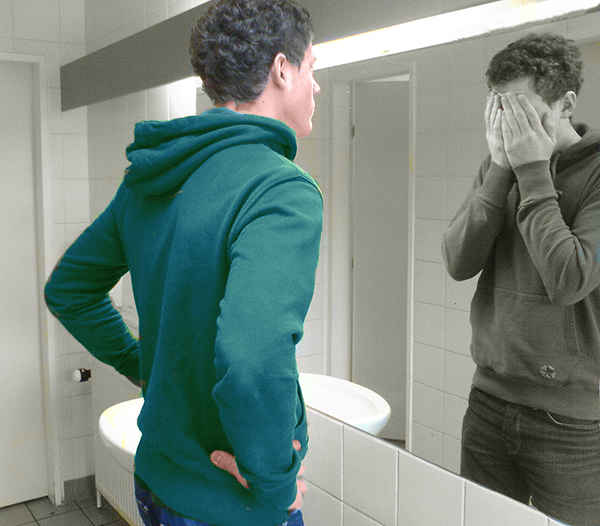Why does nobody love me?
Causes. Examples. Facts.
Personal Factors
Personal factors can significantly influence how one perceives love and relationships.

Examples
- Low Self-Esteem
Individuals with low self-esteem may struggle to believe they are worthy of love, leading to feelings of being unloved.
- Past Trauma
Previous experiences of rejection or abandonment can create barriers to feeling loved in future relationships.
- Attachment Style
Attachment theory suggests that early experiences with caregivers shape one’s attachment style, influencing how they perceive and seek love in adult relationships.
- Mental Health Issues
Conditions like depression or anxiety can distort perceptions of love and self-worth.
Interesting Facts:

Attachment theory, pioneered by John Bowlby and Mary Ainsworth, has been influential in understanding how early relationships impact adult behaviors and relationships.
Studies have shown that individuals with secure attachment styles tend to have healthier relationships and perceive themselves as more lovable.
Relationship Dynamics
Interactions within relationships can impact feelings of love and being loved.

Examples
- Communication Issues
Poor communication or conflicts within relationships can lead to feelings of being unloved or misunderstood.
- Mismatched Expectations
When partners have different expectations regarding love and affection, it can create feelings of dissatisfaction and unmet needs.
- Neglect or Abuse
Emotional neglect or abuse in relationships can cause individuals to feel unloved and unworthy of affection.
Interesting Facts:

The study of marital satisfaction and relationship dynamics has been a subject of research for psychologists like John Gottman, whose work has shed light on predictors of relationship success and failure.
Historical shifts in societal norms and gender roles have influenced expectations within relationships, impacting how individuals perceive love and affection.
External Influences
External factors beyond one’s control can contribute to feelings of being unloved.

Examples
- Geographical Distance
Long-distance relationships or physical separation from loved ones can contribute to feelings of loneliness and being unloved.
- Social Pressures
Societal expectations regarding love and relationships can create pressure to conform, leading to feelings of inadequacy if one doesn’t meet those expectations.
- Cultural Norms
Cultural differences in expressions of love and affection can lead to misunderstandings or feelings of being unloved, especially in multicultural relationships.
Interesting Facts:

Cultural anthropologists have studied diverse cultural practices surrounding love and relationships, revealing the wide range of expressions and norms across different societies.
The rise of social media has reshaped how individuals perceive love and relationships, sometimes creating unrealistic expectations and fostering feelings of inadequacy.
Feelings of being unloved can stem from a complex interplay of personal, relational, and external factors, each of which can influence one’s perceptions and experiences of love and affection.
What to do now?
If you’re feeling unloved, it’s essential to take proactive steps to address those feelings and improve your well-being.

Here are some suggestions:
- Self-Reflection: Take some time to reflect on your feelings and the factors contributing to them. Understanding why you feel unloved can help you identify areas for growth and change.
- Self-Care: Prioritize self-care activities that nurture your physical, emotional, and mental well-being. This could include exercise, mindfulness practices, hobbies you enjoy, or spending time with supportive friends or family members.
- Seek Support: Feel free to seek support from friends, family, or a mental health professional without hesitation. Talking about your feelings with someone you trust can provide validation and perspective.
- Set Boundaries: Evaluate your relationships and establish healthy boundaries to protect your emotional needs. Surround yourself with individuals who inspire and encourage you, as opposed to those who drag you down.
- Practice Gratitude: Focus on the positive aspects of your life and cultivate gratitude for the love and support you do have, even if it’s not immediately apparent.
- Engage in Activities: Engage in activities and hobbies that bring you joy and fulfillment. Pursuing your passions can boost your self-esteem and help you feel more connected to yourself and others.
- Professional Help: If your feelings of being unloved persist despite your efforts, consider seeking professional help from a therapist or counselor. They can provide guidance and support tailored to your specific needs.

Remember that feeling unloved is a common experience, and it’s okay to seek help and support as you navigate through these emotions. You deserve love and care, and taking steps to prioritize your well-being is an important part of that journey.












